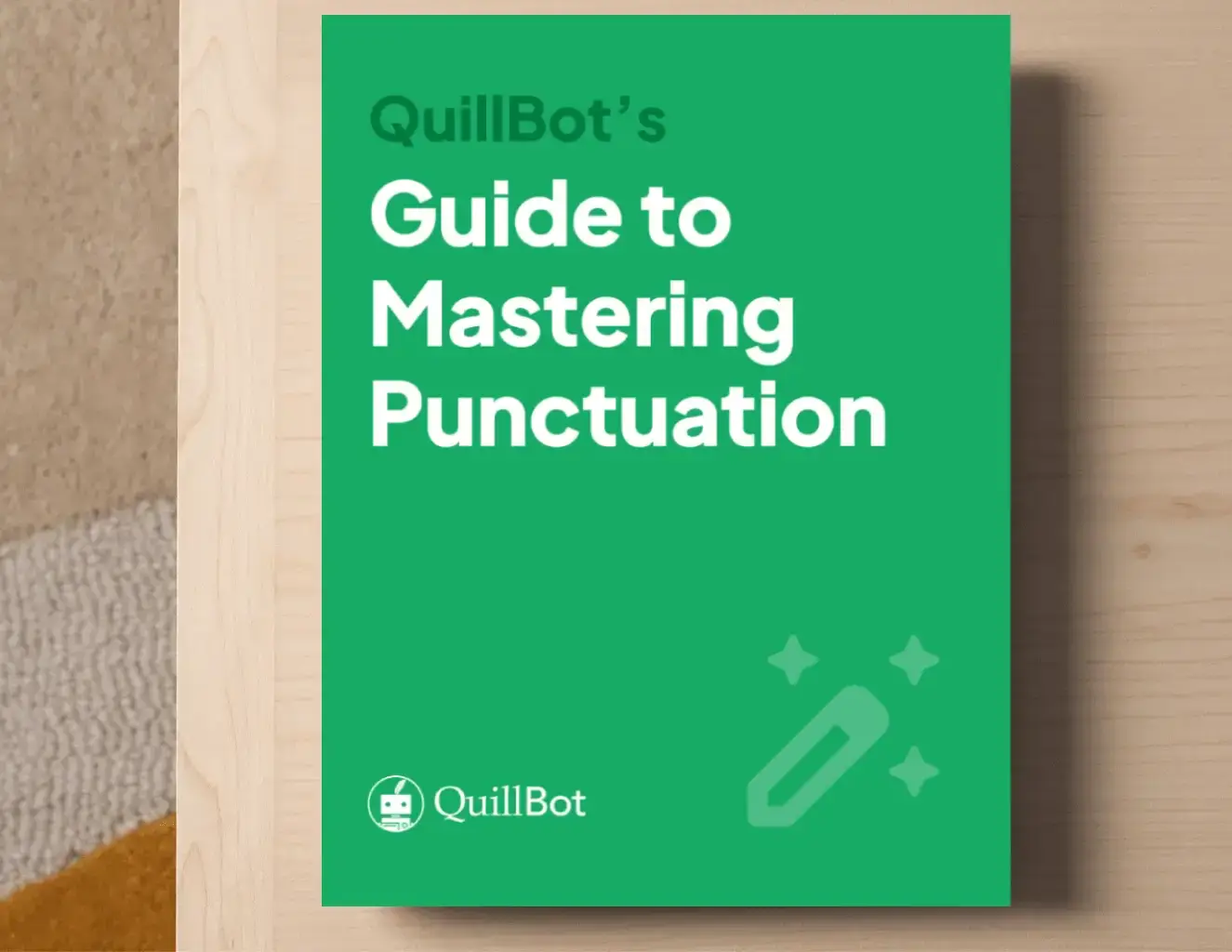Yes, a subordinate clause is a dependent clause. “Subordinate clause” and “dependent clause” have the same meaning—a group of words that has a subject and a verb but cannot stand alone as a complete sentence.
A subordinate clause is not a complete idea because it begins with a subordinating conjunction (e.g., “when”) or a relative pronoun (e.g., “which”). It needs to be combined with a main clause in a complex sentence (e.g., “After we ate dinner, we watched a show”).
When you’re writing sentences with subordinate clauses, QuillBot’s free Grammar Checker will help you use correct grammar and punctuation.
Read this FAQ: Is a subordinate clause a dependent clause?
A complex sentence contains a main clause and one or more subordinate clauses (aka dependent clauses). The main clause is an independent clause that could be its own simple sentence because it expresses a complete idea and has a subject and a verb.
For example, each of these complex sentences has a main clause in bold.
- If they make another Spider-Man movie, we have to go see it when it’s at the cinema.
- The meeting ended abruptly because the Wi-Fi was down.
When you’re writing with complex sentences, QuillBot’s free Grammar Checker can help you avoid errors.
Read this FAQ: What type of sentence contains a main clause and one or more subordinate clauses?
It is without, not with out.
“Without” typically functions as a preposition and is spelled as one word (e.g., “Do you want your burger with or without ketchup?”).
QuillBot’s free Grammar Checker will help you to correct errors in your writing—like writing “without” as two words instead of one.
Read this FAQ: Is it without or with out?
With is capitalized in a title if you are following APA Style because it is a preposition with four letters or more. With is not capitalized in a title if you are following MLA Style, where all prepositions are lowercase.
If you are using a style guide, check its rules for the capitalization of titles. If you are not following a style guide, then you can choose if you want to capitalize “with” in your titles, but it is important to be consistent.
Consult your style guide to see if you should write headings and subheadings in title case or sentence case.
If you are writing your own book, the QuillBot AI book title generator can help you create polished, correctly capitalized, and attention-grabbing titles for your project.
Read this FAQ: Is with capitalized in a title?
The correct phrasing is not ever because not never is a double negative.
For example, one could say “I have not ever been to Paris” or “I haven’t ever been to Paris, but not “I have not never been to Paris” or “I haven’t never been to Paris.”
Mistakes like “not never” sometimes happen when you’re busy writing, but not to worry! QuillBot’s free Grammar Checker can instantly find and fix these errors.
Read this FAQ: It is not ever or not never?
Yes, ain’t is a word. “Ain’t” is an informal contraction for “is not,” “are not,” “am not,” “do not,” “does not,” “have not” or “has not.” Like double negatives, “ain’t” is part of many English dialects, but it’s not advisable in formal English writing.
For example, if you’re writing a formal essay or communicating at work, it’s better to say “Laughter isn’t always the best medicine” than “Laughter ain’t always the best medicine.”
QuillBot’s free Grammar Checker can help you avoid “ain’t” in formal writing.
Read this FAQ: Is ain’t a word?
Some double negative examples include the following:
- I can’t hardly wait to see The Wild Robot (“can’t” should say “can”).
- Australia isn’t nowhere near the US (you can revise this to “is nowhere” or “isn’t anywhere”).
- We never learned from none of our mistakes (you can revise this by removing “never” or changing “none” to “any”).
Have you tried QuillBot’s free Grammar Checker? It can help you instantly find double negatives and similar errors.
Read this FAQ: What are some double negative examples?
If you say “I’m on my way” or “I’m on the way” to someone on your cell phone, it means that you have already started traveling to the place where you’ll meet them (e.g., “Yes, I’m on my way. The bus is coming now, so I’ll see you in about 20 minutes”).
So, in this context “way” means “journey.”
QuillBots free Grammar Checker will help you to use tricky phrases like “on my way” correctly in your writing.
Read this FAQ: What does on my way mean?
The phrase on the go means “very busy” (e.g., “We were on the go the whole day, so we didn’t have much time for sightseeing”).
Have you tried QuillBots free Grammar Checker? It can help you to use idiomatic phrases like “on the go” correctly in your writing.
Read this FAQ: What does on the go mean?
The phrasal verb go on means “continue” (e.g., “I can’t go on paying all the rent on my own,” “You go on with the filing then, and I’ll write the invoices”).
“Go on” can also mean to talk about something for so long that it becomes irritating (e.g., “He went on about his job for ages”).
QuillBots free Grammar Checker can help you to use phrasal verbs like “go on” correctly in your writing.
Read this FAQ: What does go on mean?
